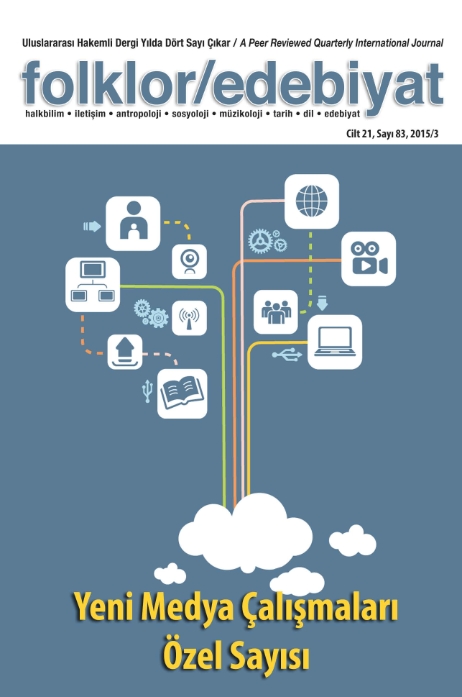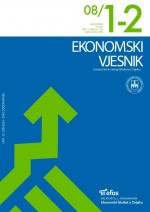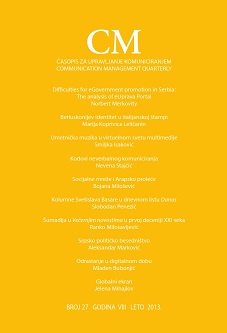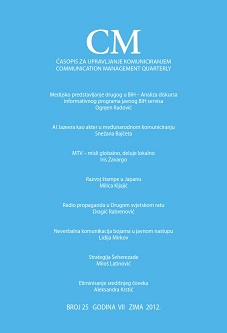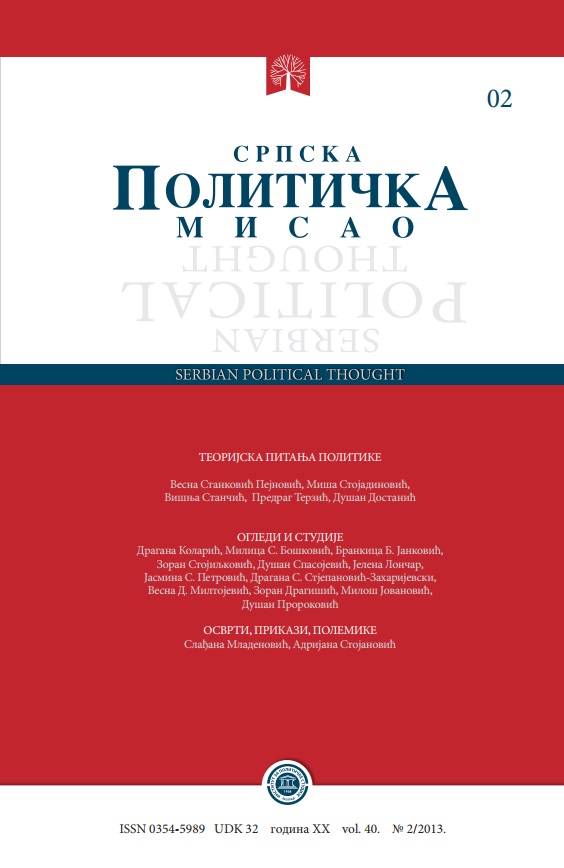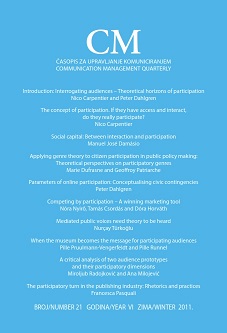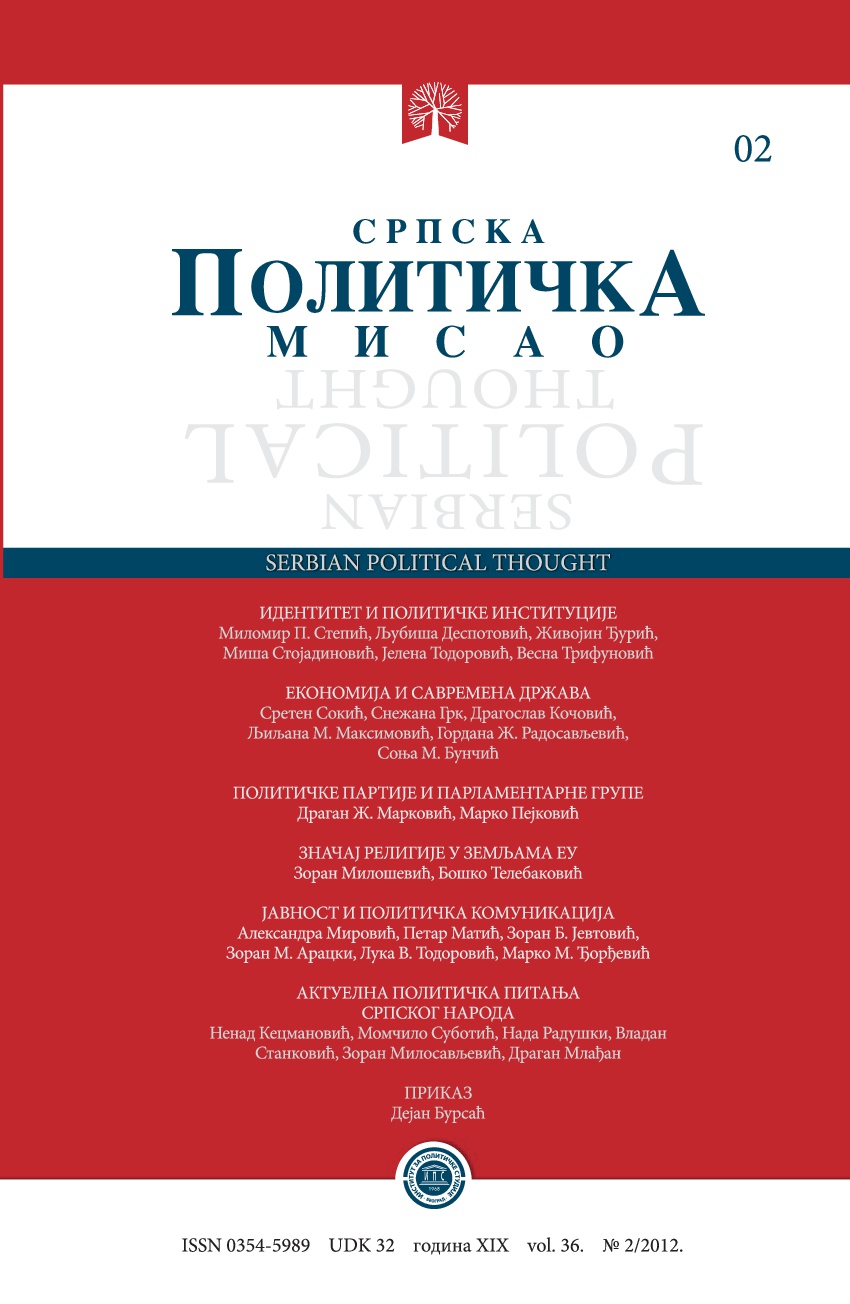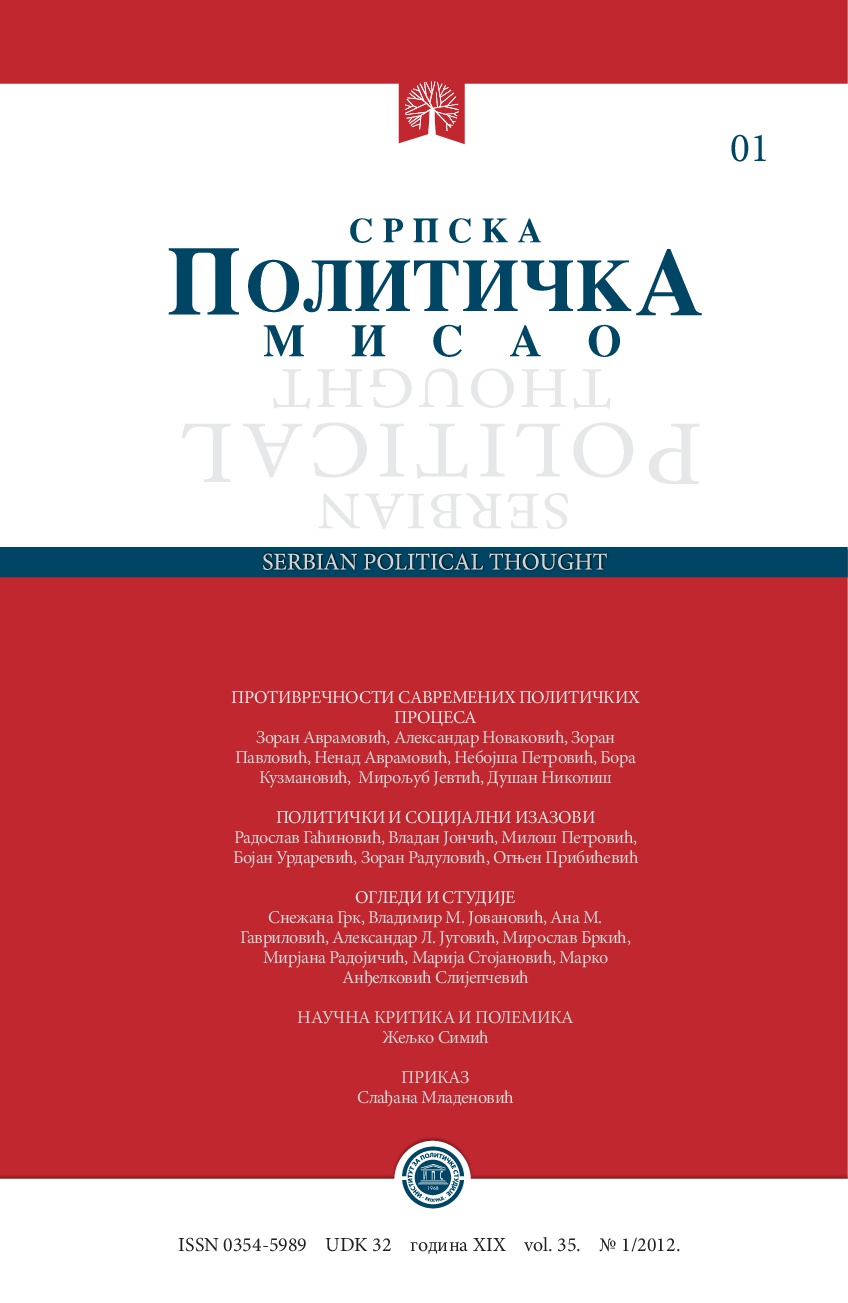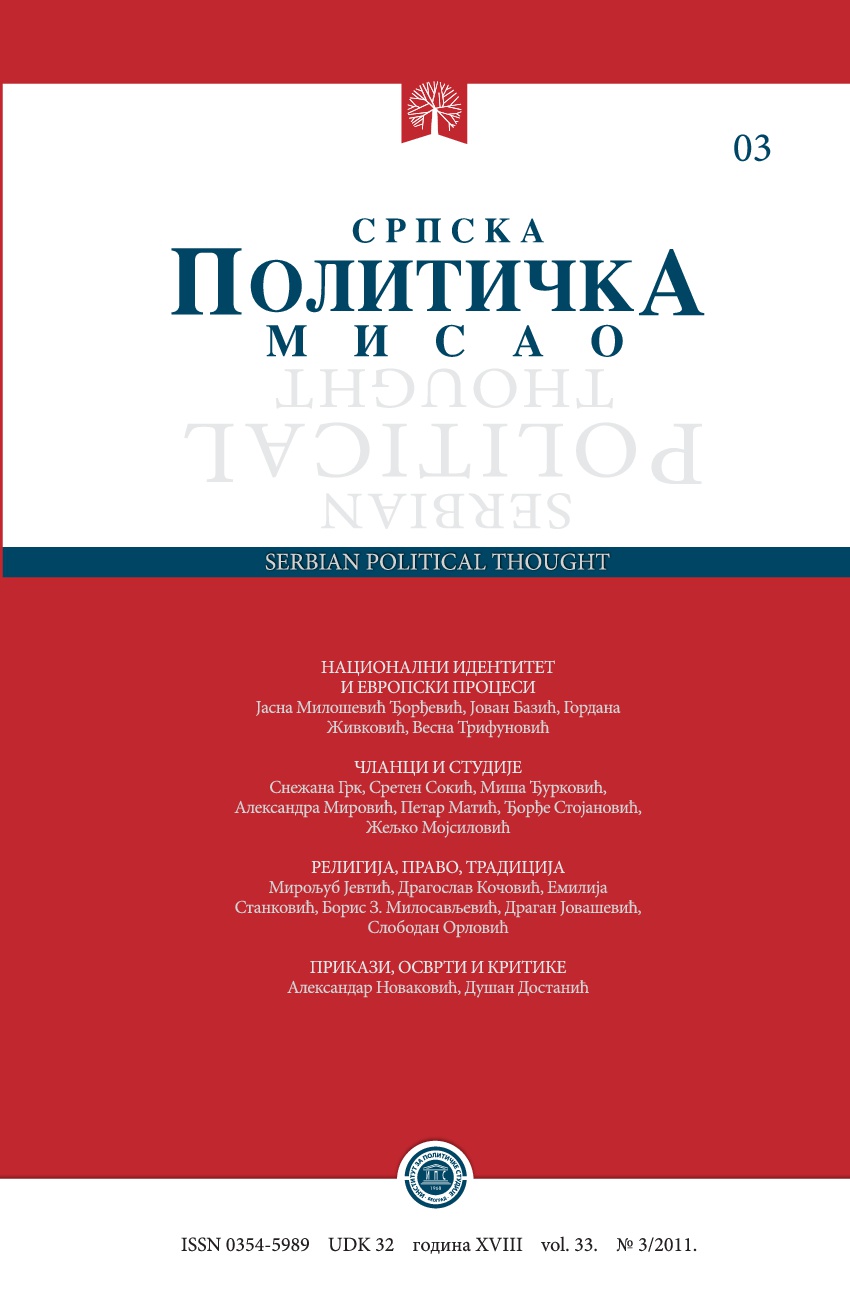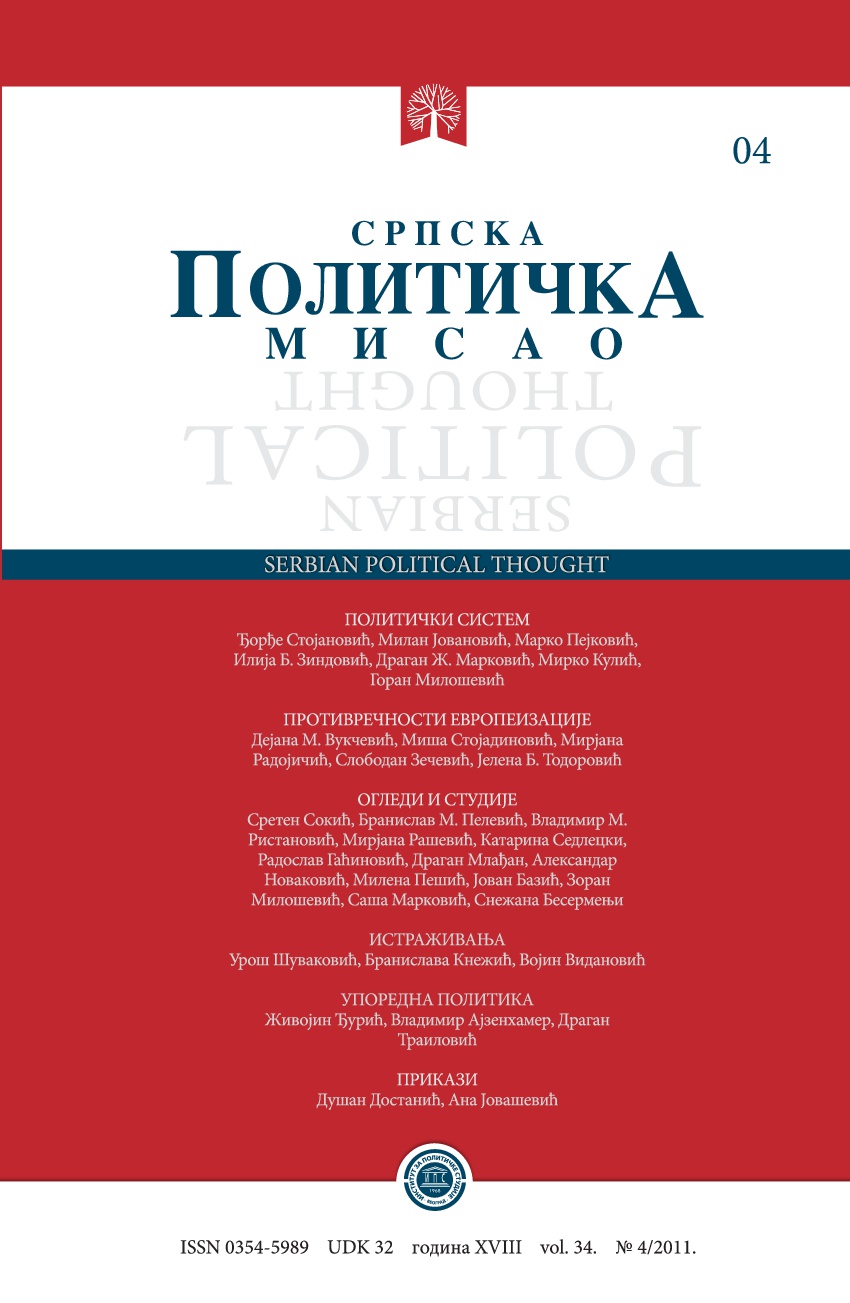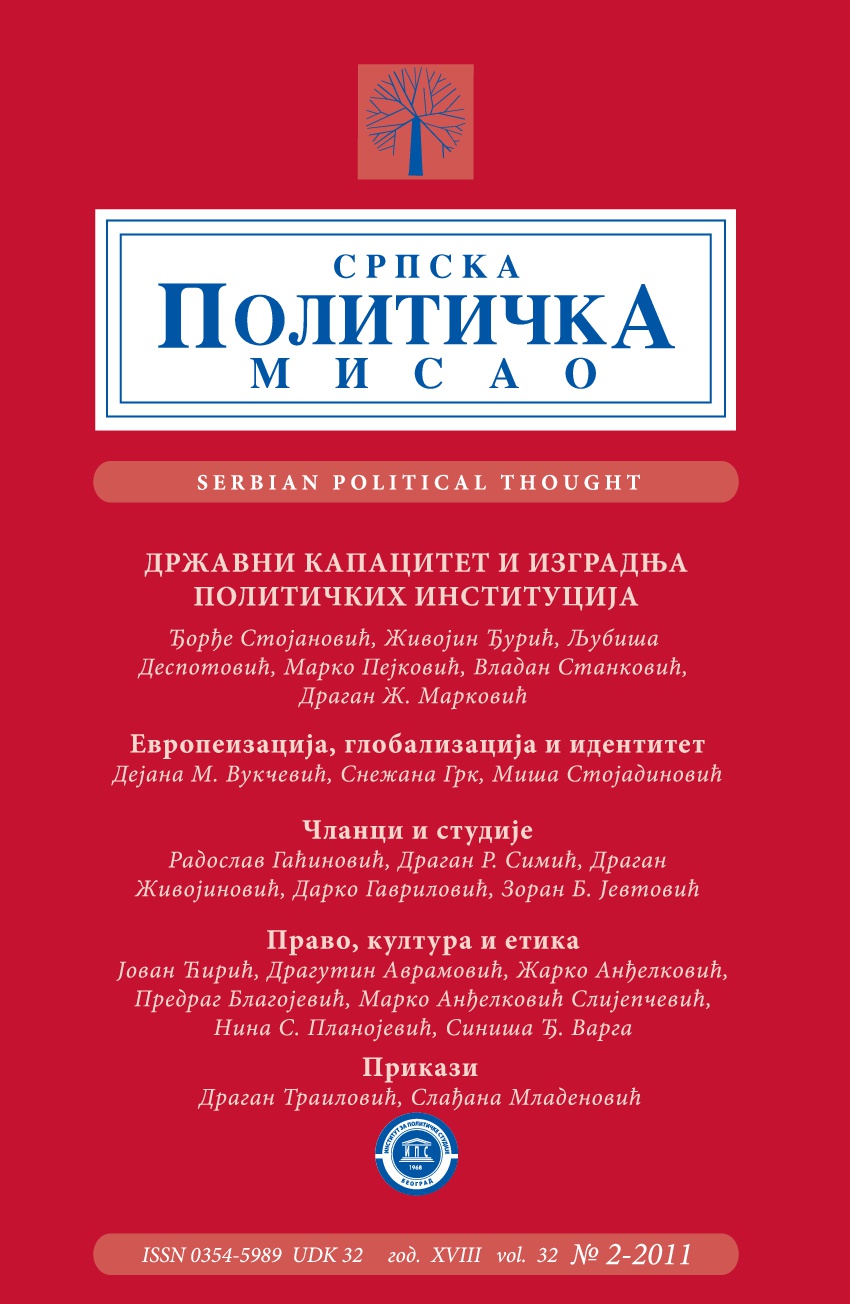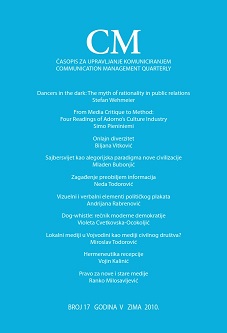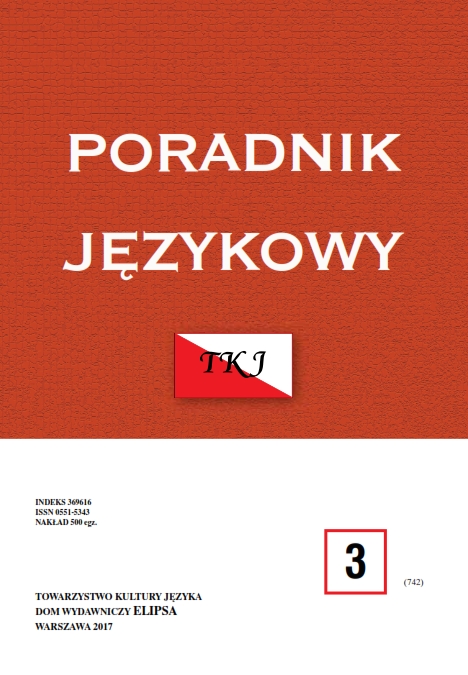
Dialogowość w ulotce wyborczej
This paper touches upon the issue of dialogism on the example of election leaflets. The source material used were the leaflets distributed on the Polish territory during elections to the Polish Sejm and Senate as well as presidential and local government elections since 1918, when Poland regained independence. It was assumed that dialogism belongs to any text, including a leaflet. I was acknowledged that a dialogue is a form of language existence related to its social, communicative nature. Characteristic textual linguistic exponents of dialogism were distinguished: addressative forms, e.g. Bracia Chłopi! (Fellow Peasants!), forms with the so-called inclusive we, e.g. Musimy zwyciężyć (We must win), second person singular imperative verbs, e.g. oddaj (cast) (a vote), rzeczytaj (read), personal pronouns and their inflected forms, e.g. proszę Was o głos (literally: I’m asking for your votes), an official salutation państwo (you)(a polite equivalent of the pronoun wy (you)), e.g. Będę [...] realizował Państwa pomysły (I will… fulfil your ideas), possessive pronouns: twój (your), nasz (our), e.g. Proszę o Twój głos (literally: I’m asking for your vote); pomysły na rozwój Naszego Miasta (ideas for the development of o u r city), interrogatives, e.g. Czy nie powinno być więcej żłobków […] w naszym mieście? (Shouldn’t there be more nurseries… in our city?). The category of dialogism expands the knowledge of intratextual and extratextual relations. This is how it brings the knowledge about types of utterances closer. The example of dialogism in election leaflets clearly demonstrates that a genre is an open and dynamic structure which adapts to the social and cultural context.
More...
